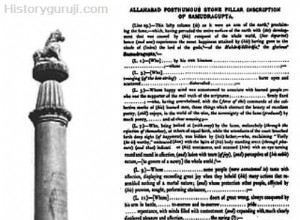Love triangles often hide stories of infidelity and lies, but the triangle formed by the Russian Klavdia Novikova, the Japanese Yasaburo Hachiya and his wife Hisako it only hides love and sacrifice. During World War II, Yasaburo and his wife Hisako fled Japan and settled in Korea where they had




